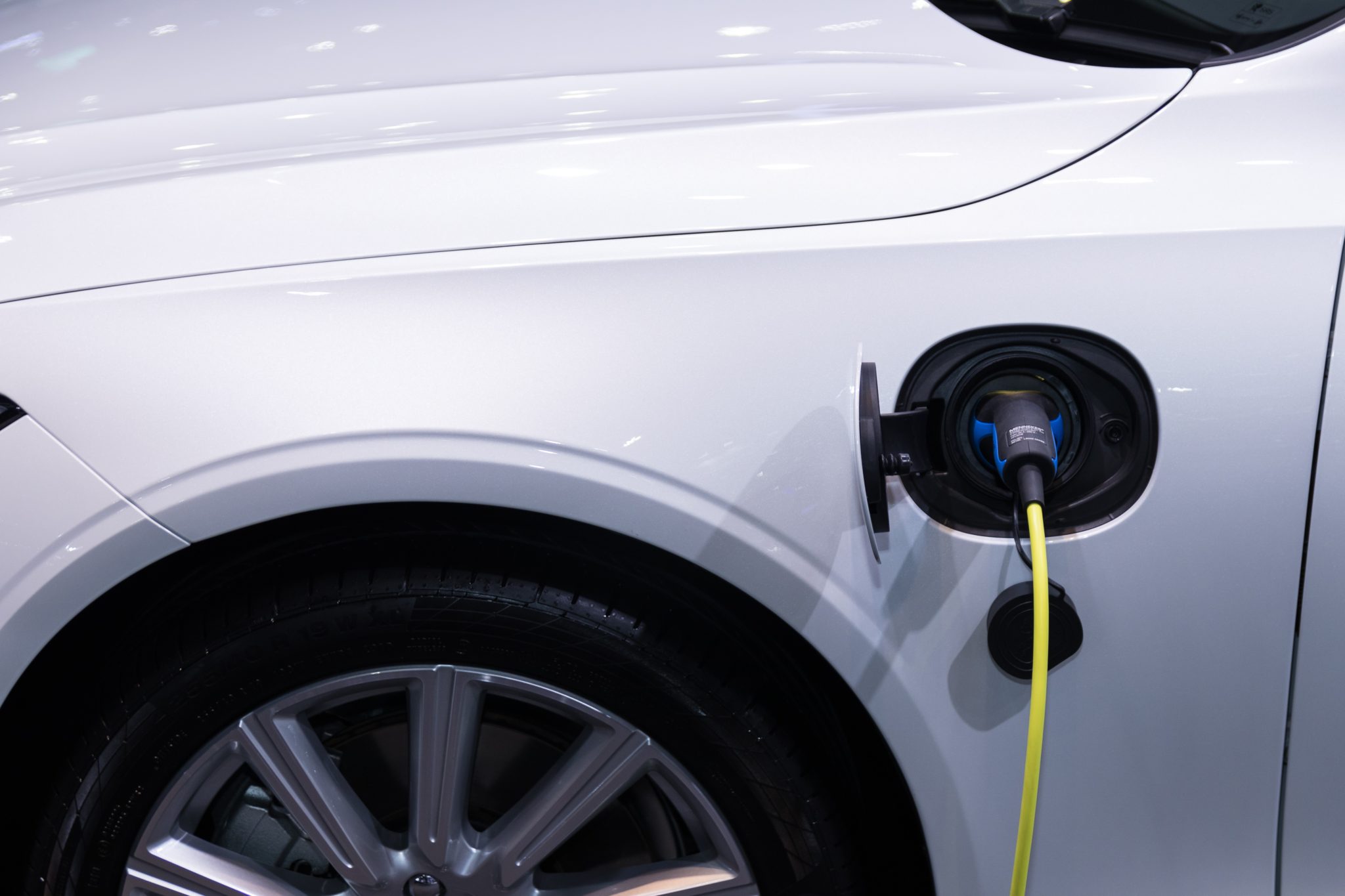Read The Full Article On: Energynews
The Massachusetts Clean Energy Center this month awarded $1.4 million in grants that pair promising electrification solutions with organizations to deploy them.
A Massachusetts clean energy agency has awarded $1.4 million in grants to nine transportation projects that promise to speed the spread of electric vehicles and reduce greenhouse gas emissions from transportation.
The Massachusetts Clean Energy Center earlier this month announced the recipients of its Accelerating Clean Transportation Now (ACTNow) program grants, awarding between $37,000 and $200,000 to a range of projects including school bus electrification, a car-sharing program using electric vehicles, training and certification programs for car dealers selling electric vehicles, and the creation of a fleet electrification planning tool.
“This is our first large-scale banner effort on clean transportation,” said Ariel Horowitz, senior program director at the center. “This is an area of key importance for greenhouse gas reductions in the commonwealth.”
As Massachusetts pursues its goal of slashing carbon emissions 85% by 2020, the transportation sector is a major target for reductions. As of 2016, transportation was responsible for 43% of the state’s greenhouse gas emissions.
Electrification is widely considered one of the most important strategies for lowering this number. And the technology is starting to mature, with more zero-emission vehicles coming onto the market in a range of categories. However, there are many barriers to getting more clean vehicles on the road, including infrastructure issues, upfront costs, and lack of consumer education and familiarity with the technology.
The ACTNow program was designed to give a boost to companies and organizations trying to overcome these obstacles.
“We thought the time was really ripe for us to start working on market development for clean transportation technologies,” Horowitz said.
The projects chosen for the grants are partnerships between a company or nonprofit with a promising technology, system, or financial model, and an organization that will deploy and test the idea.
Boston-based power-buying consortium PowerOptions received a $200,000 grant to explore a model for deploying electric school buses and other vehicles among member organizations. PowerOptions secures savings for its members by bundling together their power needs and using this bulk demand to procure energy at a lower cost.
With its ACTNow grant, it plans to use the same approach to buying electric vehicles. The town of Arlington, which is looking to procure a retrofitted electric school bus, is the initial partner on the project, but PowerOptions is also looking for other members interested in buying electric vehicles. The goal is to aggregate this demand to obtain the best deals for all buyers, hopefully creating a model that can be repeated as member interest in clean transportation grows.
“Rather than just thinking about a one-off bus, we’re looking at a scalable program that will electrify transportation this year and in years to come,” said PowerOptions chief executive Heather Takle.
Enel X North America, the Boston-based energy services division of multinational power company Enel, received two grants of $200,000.
One will be used in a partnership with the public school system in the town of Hopkinton, to procure two electric school buses and deploy Enel X’s smart charging technology, which aims to optimize charging times for more efficient use of resources. The system will also test the use of buses as, essentially, energy storage units that can release energy into the grid at times of peak demand.
With its second grant, Enel X is working with software company Microgrid Labs to help the Massachusetts Bay Transit Authority, the agency that operates most public transportation in and around Boston, create its electrification strategy for a planned depot intended eventually to house 120 electric buses.
Clean energy advocacy nonprofit E4TheFuture was awarded $200,000 to launch an electric vehicle car-share system in the Boston neighborhood of Roxbury, an area that is traditionally home to many lower-income and marginalized families. The program will offer hourly rentals of electric cars on a sliding scale. Low-income residents will pay the lowest rates but, even at full-price, the prices will be lower than those of comparable short-term rental services, said Susan Buchan, director of energy programs at E4TheFuture.
The service, which is expected to launch with four cars by the end of the year, could be used by job-seekers who want reliable transportation to interviews, small business owners who need to deliver products, or parents who don’t want to lug groceries for a family of five onto the bus, Buchan said. In addition to offering transportation options, the service can also help introduce electric vehicles to a population that may have less exposure to the technologies.
“A lot of low-income people think electric vehicles are only for rich people,” Buchan said.
Plug In America, a nonprofit that advocates for the interests of electric vehicle drivers, will be using $161,970 in grant money to improve consumer and dealer education. It will update its online electric vehicle database to allow Massachusetts drivers to enter information about their transportation needs and receive information about appropriate vehicles and nearby dealers.
The group will also bring its PlugStar certification program to the state, providing 16 Massachusetts car dealerships training in electric vehicle technology and sales practices. Because electric vehicles still make up a small fraction of car sales in the state, many salespeople are not well-versed in the technology, creating an obstacle to successful sales.
“We like to connect educated consumers with educated dealers, to reduce the barriers on both sides,” said Plug In America program director Kat Urquhart.
Throughout the grant process, the program leaders at the clean energy center have been particularly gratified to see the enthusiastic response of organizations in the energy sphere. The applications included several from groups the clean energy center had previously worked with on electricity issues, now focusing on transportation.
“It shows how much momentum and enthusiasm there is,” Horowitz said. “We’re excited to continue to work on this issue.”

